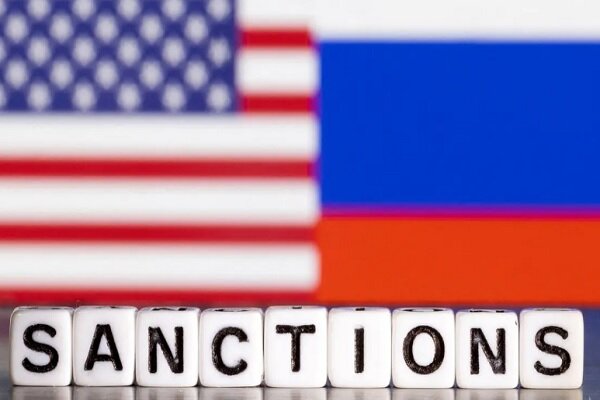The new sanctions after President Joe Biden met virtually with G7 leaders and Ukrainian President Volodymyr Zelenskiy to discuss the Ukraine conflict.
The measures leveled against Gazprombank executives were the first involving the giant Russian gas exporter as the United States and its allies have avoided taking steps that might lead to disruptions of gas to Europe, Russia's main customer.
“This is not a full block. We're not freezing the assets of Gazprombank or prohibiting any transactions with Gazprombank,” a senior Biden administration official told reporters, according to Reuters. “What we're signaling is that Gazprombank is not a safe haven, and so we're sanctioning some of their top business executives ... to create a chilling effect.”
Eight executives from Sberbank, which holds one-third of Russia's banking assets, were added to the sanctions list. Moscow Industrial Bank and its 10 subsidiaries were also added.
The new export control restrictions were aimed at directly degrading Putin's war effort, including controls on industrial engines, bulldozers, wood products, motors, and fans. The European Union is moving in tandem with additional controls on chemicals that feed directly into the Russian military effort, the official said.
Russia calls its actions in Ukraine a “special operation” that it says is not designed to occupy territory but to destroy its southern neighbor's military capabilities and capture what it regards as dangerous nationalists.
Limited Liability Company Promtekhnologiya, a weapons maker, was sanctioned, along with seven shipping companies and a marine towing company. The White House also said the Nuclear Regulatory Commission would suspend licenses for exports of special nuclear material to Russia.
According to Reuters, the sanctioned television stations are directly or indirectly state-controlled, the White House said, and included Joint Stock Company Channel One Russia, Television Station Russia-1, and Joint Stock Company NTV Broadcasting Company.
KI/PR


























Your Comment